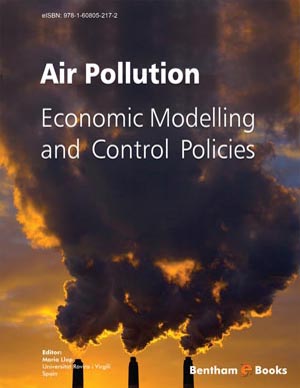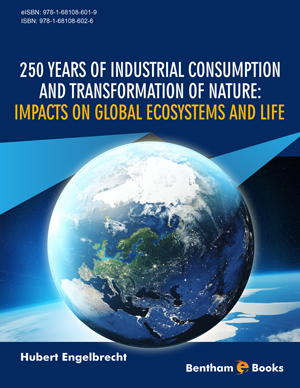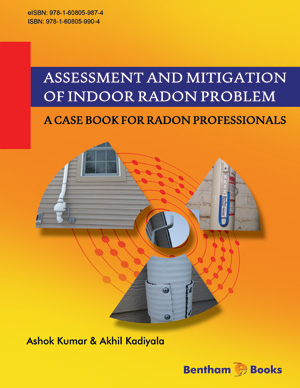Abstract
In this paper we set out to examine the energy generated emissions from a different viewpoint, focusing on final energy consumption and trying to ascertain which demands are the most costly to satisfy in terms of emissions of pollutants to the atmosphere. To do this, we apply an additive multiplier decomposition methodology to the Spanish Social Accounting Matrix for the year 2000 that we have developed. This way, we can disaggregate the Spanish energy sector’s revenue-generating process into different effects depending on the source of the demand. To gain a better understanding of the behaviours of the different branches of the economy, we divide Spanish productive activities into two groups, which we call subsystems (energy subsystem and complementary subsystem). We then apply the multiplier decomposition methodology to each one separately. This way, we can identify the influence that the final demand of each of these groups has on income generation and energy sector emissions in the Spanish economy. The results confirm that some branches of the services sector are the most costly in terms of CO2 emissions.
Keywords: CO2 emissions, energy, social accounting matrices, multipliers decomposition methodology, subsystems analysis.












